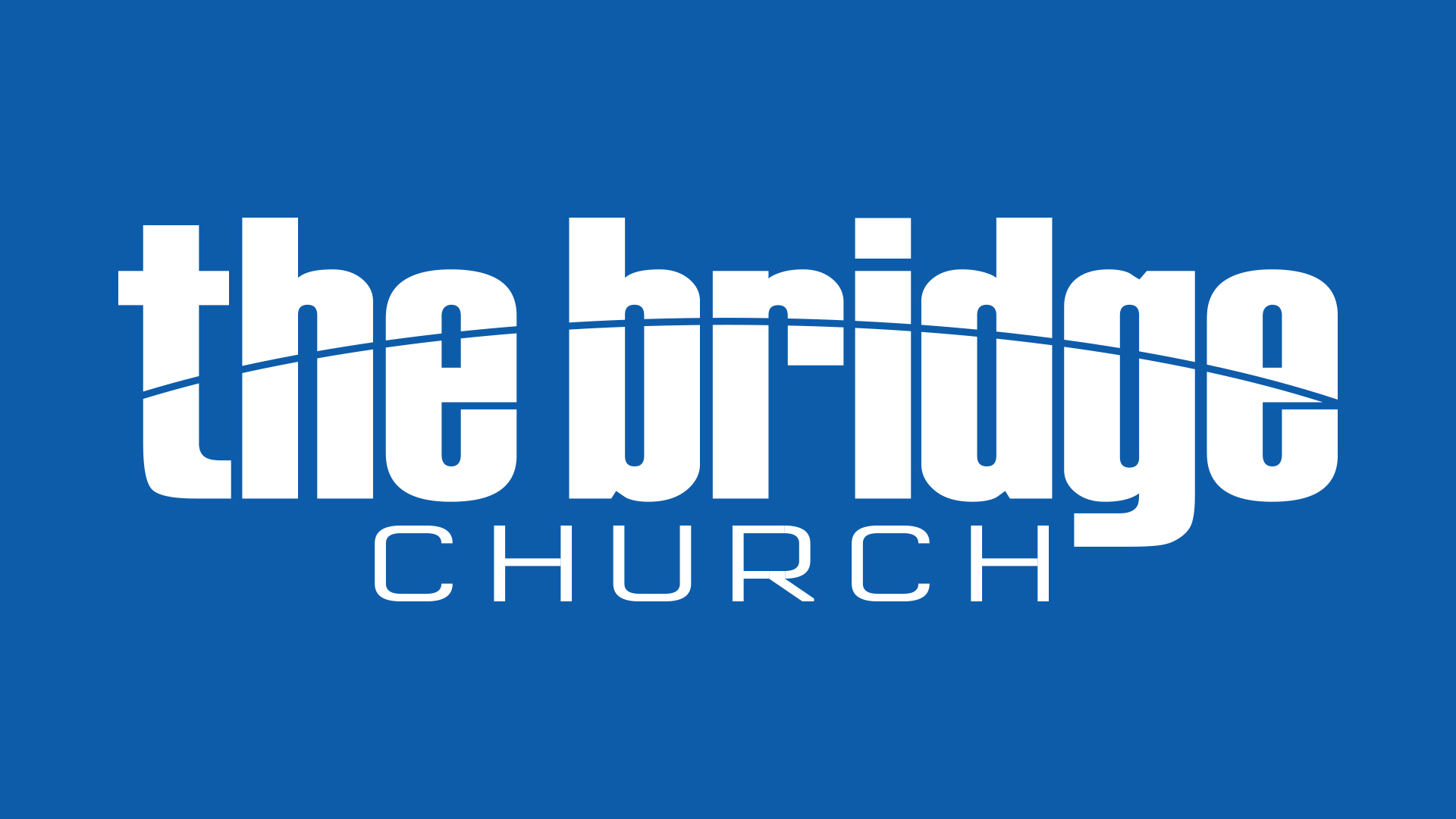What's in a Name?
“Do not fear: I have redeemed you. I have summoned you by name; you are mine." Isaiah 43:1
I passed out blank paper and pencils and asked my students to choose several colors. Then, using the room’s white board to draw my own example, I asked them all to write their names in the middle of the paper, nice and big.
Puzzled, they looked at each other and then at me. Surely this was not content for a college class? But as I wrote “Linda” in the middle of the space I’d made on the board, they followed suit.
“This is the name the world knows you as,” I said. “But what other names or roles do you have?” With no further instruction, I turned back to the white board and began to cover the square I’d drawn with other words: Mother, wife, sister, daughter, teacher, aunt, writer, reader, knitter, professor. Then I added nicknames I’d had through the years: Honeybear, Bubbles (don’t ask), Giggles, Lyn, Da (my brother’s childhood name for me).
Still curious and unsure of the purpose, the 31 adults in the class began to fill their own pages. Within ten minutes, they’d loosened up, using a multitude of colors, writing in cursive and print and bubble letters.
Finally, I turned back to them. “We all have a lot of names and a lot of roles,” I told the class. “Now I want you to circle the name or the role that YOU choose to identify yourself. Who are you?”
Slowly, they all began to smile. Returning to college as an adult is not an easy task. They needed to see themselves as capable students, to break away from the naysayers who told them they could never earn a college degree.
To be something other than what they had been.
On Sunday, Pastor Tim told the story of a woman in Joshua 2 who was known by one name: Harlot. I imagine her blank piece of paper might have held other words: slut, prostitute, whore and additional derisive terms. But she could have added other roles: daughter, sister, spinner of linen, protector of family, seeker of truth. Roles no one else in Jericho called her, but things she saw in herself.
All of Jericho knew what Rahab did. It was how she was known. Her house was built against the outer wall, the seedy side of town, and all her neighbors could see the many men that entered into the house. The travelers who came seeking “the harlot Rahab” told her stories of God’s miracles, such as the parting of the Red Sea and the overthrow of Sihon and Og (Bible Gateway). And while her neighbors only saw a woman with loose morals, God saw someone whose faith could make her a heroine.
Can you imagine the scene? In Joshua 2, the spies come to Rahab. GIven her reputation, no one thinks it odd when strange men enter her house. The neighbors probably just shake their heads and wink at each other. But she, astute woman, knows the stories she has heard from travelers about the God of Israel are true. She makes the decision to throw her lot in with the spies; she takes a risk to save herself and her family.
Pastor Tim summed it up this way:
- Rahab knew there was a problem. In her case, more than one. She was not only a prostitute, she did not believe in God. She regretted her past actions and desired to make it right.
- Rahab responded to God’s salvation. She did not let her name or her reputation stop her.
- We are like Rahab. We might not have her exact sins on our piece of paper, but unflattering things about us are scrawled all over it.
In Matthew 1:5, we note another name Rahab can add to her paper: ancestress of Jesus. Rahab lived the rest of her life as the wife of a righteous man, Salmon, and was the mother of Boaz. She is one of only four women mentioned in the genealogy of Jesus.
Quite a change from the name she was known as on the streets of Jericho.
After the initial “Introduction to college skills” class, most of my adult students went on to graduate. Some even asked for letters of recommendation to graduate programs. And many still keep in touch with me, years after they have gone onto other things.
They came to see themselves, not as others saw them, but as they saw themselves. Just as Rahab came to see herself as God saw her.
It does not matter what happened before. All that matters is that God knows us and calls us by name.
He has redeemed us! (Isaiah 43:1)
